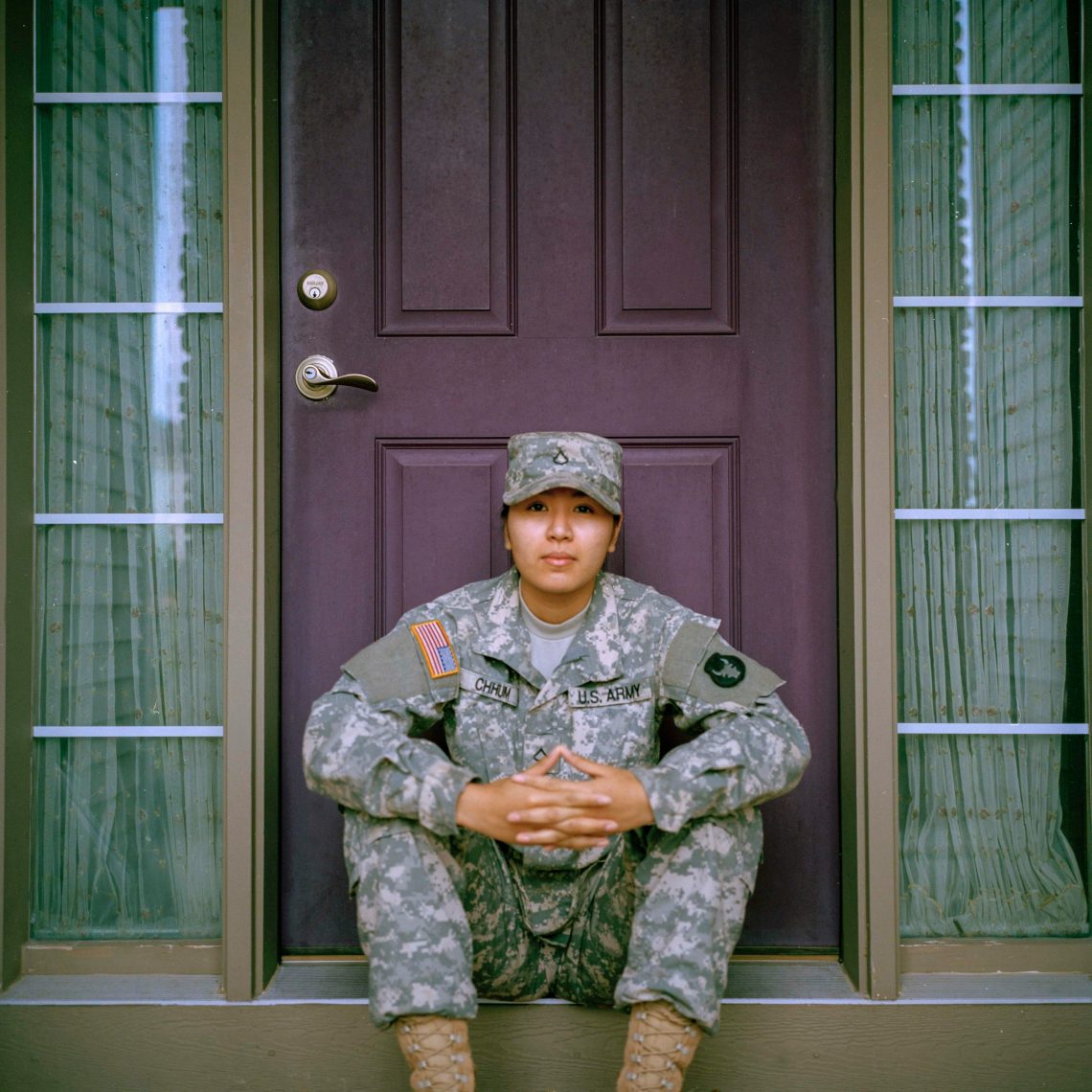After serving their country, veterans face a new kind of battle: transitioning to civilian life. This phase, while less discussed, is fraught with its own challenges and hurdles. From re-establishing a civilian identity to managing the aftereffects of service, the road to adaptation and success can be winding and complex. Keep reading to explore how society supports these heroes on their new journey and what more can be done to assist them in integrating back into the life they fought to protect.
Transitioning to Civilian Life
The shift from military to civilian life is a profound change. Veterans often find themselves needing to recalibrate their skills, perspectives, and daily routines. Unlike the structured environment of the military, civilian life offers many choices but less guidance on how to navigate them. Programs that focus on career counseling, resume building, and job placement are crucial during this phase. They provide veterans with the tools needed to translate their military skills into civilian job markets, ensuring they don’t just survive but thrive.
Education and Skill Development
Further education is a powerful tool for veterans transitioning into civilian sectors. Many find that additional qualifications can dramatically improve their employment prospects. Initiatives like the GI Bill are instrumental in this, offering financial assistance for education and training to veterans and their spouses. However, beyond formal education, practical skill development through workshops and apprenticeships in fields such as tech, management, or healthcare can pave the way for fulfilling and lucrative careers.
Financial Independence and Entrepreneurship
Economic stability is a significant concern for many veterans. Entrepreneurship can be an attractive path, offering the autonomy and challenge many former military personnel seek. Numerous organizations provide startup grants for your business, specifically targeting veteran entrepreneurs. These grants not only help in setting up a business but also offer mentorship and resources tailored to veterans’ unique experiences and skills. By fostering a spirit of self-reliance and innovation, these programs empower veterans to take control of their economic futures.
Community Integration and Social Support
A robust support network is vital for veterans adjusting to civilian life. Community programs that encourage social interaction and civic involvement can help veterans feel connected and valued within their communities. Events, social clubs, and volunteer opportunities designed for or by veterans can significantly alleviate feelings of isolation and helplessness that some experience post-service. These programs not only support veterans but also enrich the community with diverse experiences and perspectives.
Mental health remains one of the most critical areas of concern for veterans. The experiences from their service, including exposure to traumatic events, can lead to serious mental health issues, including PTSD, anxiety, and depression. It’s crucial that there are adequate resources in place to address these challenges. For those struggling with substance abuse, finding a veterans rehab center or one that knows how to treat veteran-specific trauma is essential. These centers specialize in addressing the unique needs of veterans, combining standard rehab treatments with therapies designed to treat PTSD and other service-related traumas.
Advocacy and Policy Change
A crucial step in effectively supporting veterans is advocacy and active engagement in policy change. Advocates play a significant role in identifying gaps in services and pushing for legislative changes that better meet the needs of the veteran community. These changes could include improved healthcare options, enhanced benefits, and more comprehensive support systems that consider the diverse needs of veterans from all branches of service.
Organizations dedicated to veteran affairs often work closely with policymakers to ensure that the voices of veterans are heard and acted upon. Through lobbying efforts and public campaigns, they strive to raise awareness about the unique challenges veterans face and the need for tailored solutions. These advocacy groups also empower veterans to become advocates themselves, providing them with the tools and platforms to influence policies that directly affect their lives and those of their fellow servicemen and women.
Ensuring a Sustainable Future
Finally, ensuring that veterans have access to long-term health care, pension benefits, and retirement planning is crucial for their long-term stability. Policies must be continually adapted to meet the evolving needs of the veteran population, recognizing their service and sacrifice with actions that support their health and well-being for years to come.
A Call to Action
As society evolves, so too must the support we provide our veterans. While significant strides have been made in assisting them transition back to civilian life, ongoing efforts are required to address emerging challenges and gaps in existing services. By enhancing education, financial support, community integration, mental health resources, and long-term benefits, we can show our true gratitude to those who served. Let’s not just thank our veterans with words but also with meaningful action and enduring support, ensuring they have all they need to lead successful and fulfilling lives after service.
Read more lifestyle articles at ClichéMag.com
Images provided by Deposit Photos, BingAI, Adobe Stock, Unsplash, Pexels, Pixabay & Creative Commons





